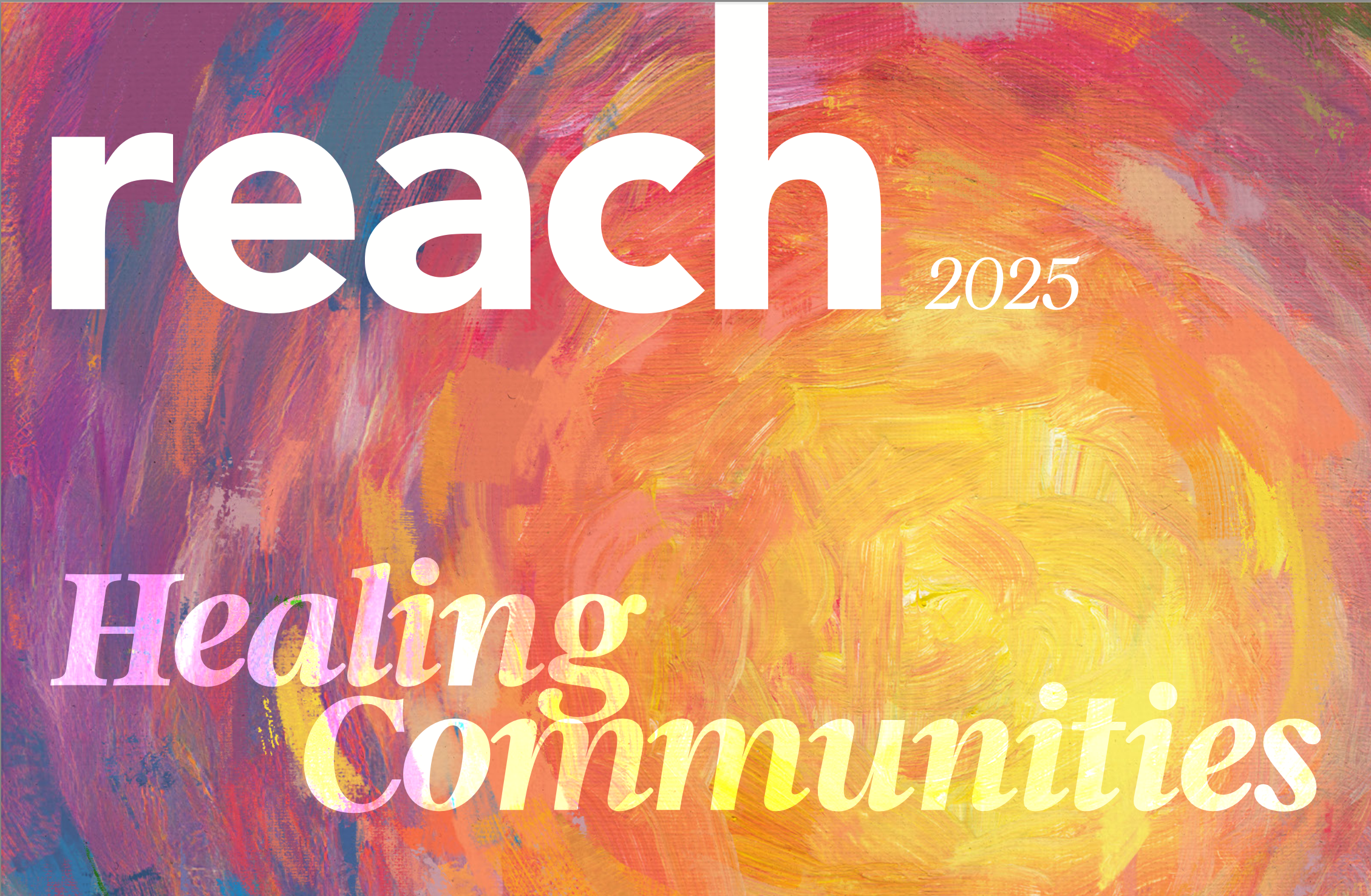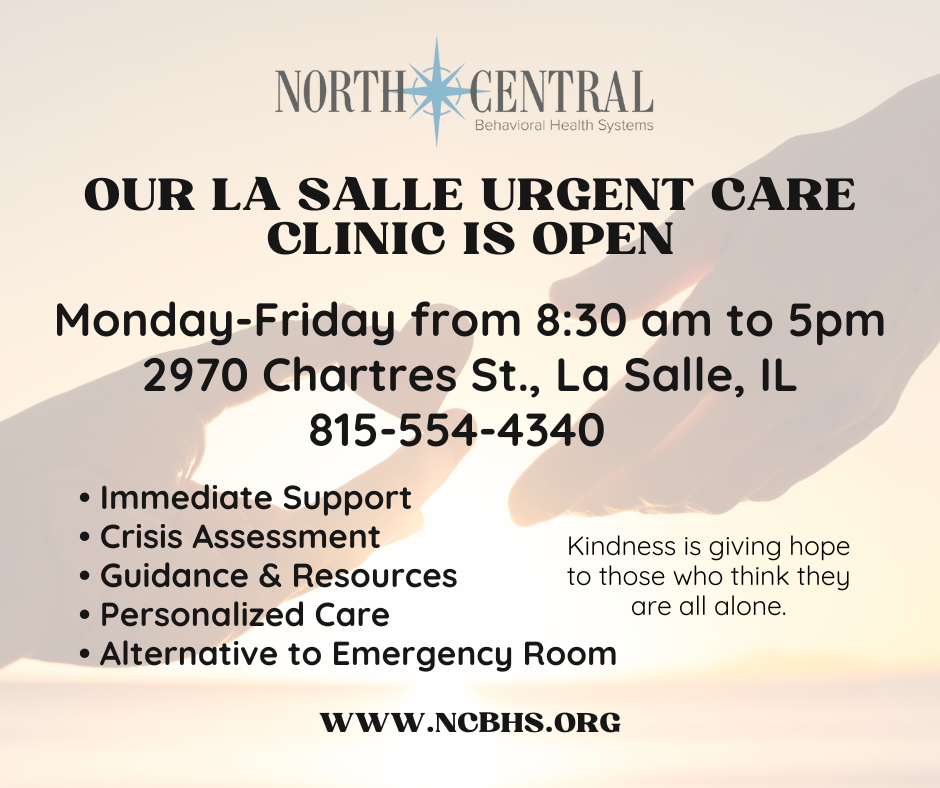Mental health challenges are real—and you are not alone. Every year, nearly 1 in 5 adults and about 13–20% of children in the United States experience a diagnosable mental health condition. The good news is: support is available, and treatment can help.
Where you turn for care may depend on your age, your experiences, and the kind of challenges you're facing. But today, there are more resources and options than ever to help you find what works best for you.
Here are some things to consider when choosing mental health support:
Read More
Returning to life as the COVID-19 restrictions loosen may be much harder than anyone had expected. The experts refer to this as a “new normal” but it is not clear what this may mean for all of us emotionally.
Read More
Over the last several days, our lives have changed because of the COVID-19. This virus has been a source of fear and anxiety for a lot of people. Fear about a disease can be overwhelming and lead to strong and unhealthy emotions. Learning to cope with these feelings can reduce stress and make you stronger and more helpful to others. We do not have all of the answers in this situation, but hopefully, we can help you put this in perspective.
Read More
Define stress: According to the National Institute of Mental Health (NIMH), stress is defined as the brain’s response to a demand.
Our Body’s Response to Stress: Each individual responds to stress differently. Some common responses include: digestive issues, headaches, feelings of sadness, feeling lethargic, irritability and difficulty sleeping.
Read More
Have you ever noticed that the word stressed spelled backwards spells desserts? Think of the last time you had a really good dessert. You slowed down, savored the flavor and enjoyed it.
In recognition of Mental Health Month, I am encouraging you to add a little dessert to your day as an effort to reduce stress. Not the high caloric type but the type that adds positive life skills to your every day life.
Here are some examples of what you can do:
Read More
What comes to mind when you think of taking risks with your health – driving recklessly, or maybe abusing alcohol or illegal drugs? Those behaviors are very risky but many people have less dramatic behaviors that are just as dangerous in the long run. Tobacco use, unbalanced nutrition and a lack of physical activity are some of the key risk factors for the most common causes of death.
The top 10 causes of death include:
Read More
OCD is an anxiety disorder. It is characterized by having obsessive thoughts and or compulsions. Obsessions can be persistent ideas, images, thoughts or impulses that cause great discomfort and excessive worry and anxiety. Compulsions are repetitive behaviors or mental acts that are in response to the obsessive thoughts. These repetitive acts are done to relieve or prevent anxiety and severely affect someone’s ability to function on a daily basis. Some symptoms of Obsessive Compulsive Disorder:
Excessive, uncontrollable, illogical fear or preoccupation with
Read More
Depression is an emotional state typically marked by feelings of sadness, feelings of worthlessness, hopelessness, and helplessness, guilt, withdrawal from others, a change in appetite and/or sleep, and a loss in the interest and pleasure of usual activities. Just as most of us experience occasional anxiety, so too, do we experience sadness during the course of our lives. Depression is often associated with other psychological problems such as anxiety and substance use.
Read More
Anxiety is a signal our mind and body gives us that danger is near. That danger may come from internal or external sources. Often times stress and anxiety will be cumulative and will draw upon our personal and physical resources. Everybody has different levels of tolerance for different levels of stress and anxiety but excessive stress and anxiety can lead to lowered self-esteem and feelings of depression.
Read More
Oftentimes the holidays will bring about a certain level of unwanted stress in our lives. If not dealt with in an effective and healthy way this stress and depression can often ruin our holidays and impact our health. Being realistic, planning ahead and seeking support from others can help ward off stress and depression.
Read More


